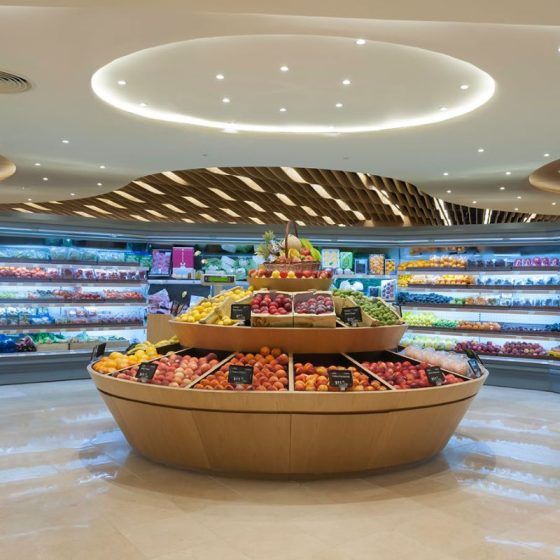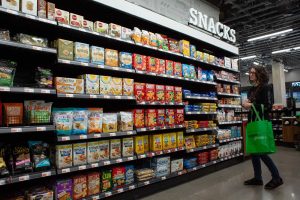
In the realm of nutrition and dietetics, the term 'convenience food' is often associated with pre-packaged, ready-to-eat meals that require minimal preparation. However, the definition of convenience food extends beyond the realm of processed foods and microwaveable dinners. This brings us to the question at hand: Is a banana a convenience food?
At first glance, the answer seems straightforward. Bananas are portable, easy to eat, and require no preparation or cooking. However, to fully address this question, we must delve deeper into the concept of convenience foods, the nutritional profile of bananas, and the role they play in our dietary habits.
Convenience foods are typically characterized by their ease of preparation and consumption. They are often pre-packaged, require minimal cooking or preparation, and are designed for quick consumption. This category includes a wide range of foods, from canned soups and frozen dinners to snack bars and fast food. However, the term can also apply to naturally occurring foods that require little to no preparation, such as fruits and nuts.
Bananas, in their natural state, certainly fit this latter category. They come in their own biodegradable packaging (the peel), require no preparation or cooking, and can be eaten on the go. This makes them a convenient choice for a quick snack or an on-the-go breakfast.
However, the convenience of bananas extends beyond their ease of consumption. Bananas are also nutritionally convenient. They are a rich source of essential nutrients, including dietary fiber, vitamin C, potassium, and vitamin B6. This nutrient-dense profile makes bananas a convenient way to meet your daily nutritional needs.
Moreover, bananas are also economically convenient. They are generally inexpensive and widely available, making them accessible to a broad range of consumers. This economic convenience is particularly important in low-income communities, where access to fresh, nutritious food can be limited.
Despite these factors, it's important to note that the convenience of bananas, like any food, can be influenced by individual dietary habits and preferences. For example, someone with a banana allergy or intolerance would not find bananas convenient. Similarly, someone following a low-carbohydrate diet may choose to limit their banana consumption due to the fruit's high carbohydrate content.
In conclusion, while bananas may not fit the traditional image of a convenience food, they certainly meet the criteria in terms of ease of preparation and consumption, nutritional value, and economic accessibility. Therefore, it's fair to say that a banana is indeed a convenience food - a naturally occurring one that offers a host of nutritional benefits.
As we continue to navigate the complexities of our food choices, it's important to broaden our understanding of terms like 'convenience food.' By doing so, we can make more informed decisions about our diet and health, and perhaps find new appreciation for the humble, yet mighty, banana.
Remember, convenience is not just about saving time or effort - it's also about making healthy choices easier and more accessible. So, the next time you're in need of a quick, nutritious snack, why not reach for a banana? It's the ultimate convenience food.


